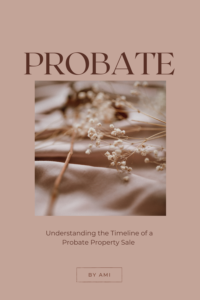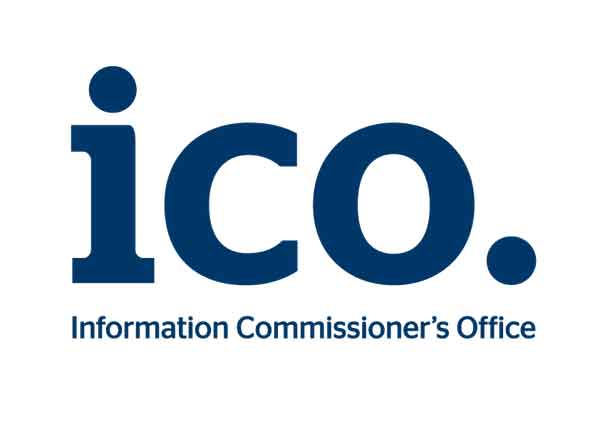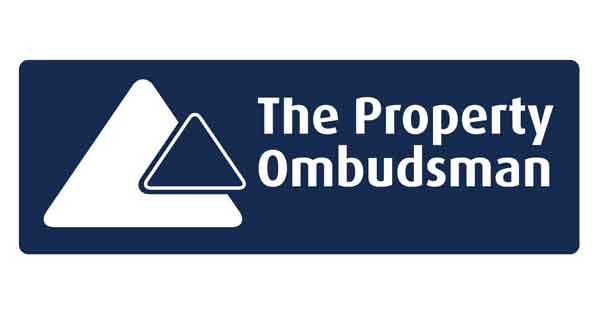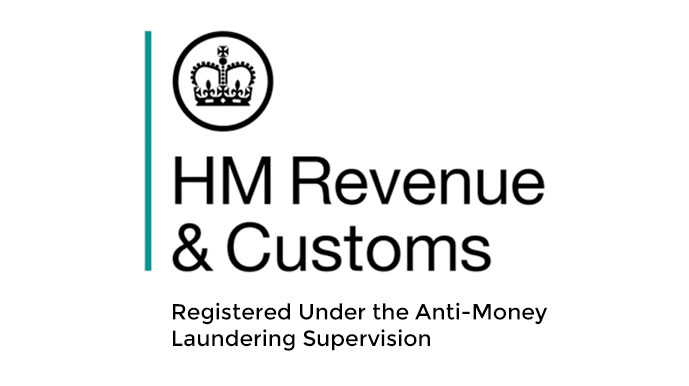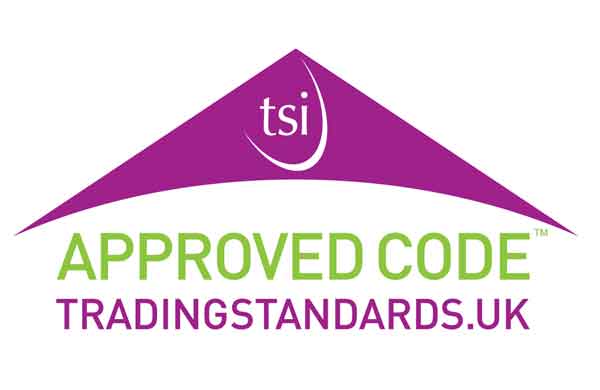Understanding the Timeline of a Probate Property Sale
When a property owner dies, their estate must undergo probate—a legal procedure that authenticates the deceased’s will and empowers the executor to allocate the estate’s assets, including any real estate. A frequent question that arises is: how long does it take to sell a probate property? The timeline varies based on several factors and the chosen sale method. Let’s delve into these factors and explore the different sale methods: traditional estate agents, auctions, and “cash for home” companies.
Factors Influencing the Duration of a Probate Property Sale
- Grant of Probate: The sale cannot commence until a Grant of Probate is secured. This legal document authorises the executor to handle and distribute the deceased’s estate. The time to obtain this grant ranges from several weeks to several months, depending on the estate’s complexity and the probate registry’s efficiency.
- Property Condition: The state of the property can significantly affect the sale speed. Probate properties are often sold as-is, and those in poor condition may take longer to sell unless priced attractively low.
- Market Conditions: The property market’s status can impact the sale’s speed. A robust market may see quicker sales, whereas a sluggish market can prolong the time to find a buyer.
- Legal Complications: Disputes over the will or among beneficiaries can delay the sale. Resolving all legal issues beforehand can help expedite the process.
- Sale Method: The chosen method for selling the probate property significantly influences the timeline. Each method has its own timeframe and advantages.
Methods for Selling Probate Properties
- Traditional Estate Agents:
- Using a traditional estate agent is common but can be time-consuming. This method generally takes 3 to 6 months or longer, particularly in a slow market or if issues arise. The risk of sale fall-throughs can further delay the process, which can be problematic if funds are needed promptly to settle inheritance tax within six months.
- “Cash for Home” Companies:
- These companies offer a quicker but typically lower-value sale. They provide a valuation within 24-48 hours and, if their below-market offer is accepted, can complete the legal process in 2 to 4 weeks. This method usually results in a total timeline of 4 to 6 weeks but often yields less than the property’s market value.
- Auctions:
- Auctions are the most efficient and effective method for selling probate properties. They attract a wide range of motivated buyers, including investors interested in renovation opportunities. The auction process is transparent, with competitive bidding potentially increasing the sale price. Once the auction concludes, the exchange happens immediately, and completion typically occurs 28 days later. This expedited process eliminates lengthy negotiations and reduces the risk of sale fall-throughs, providing a guaranteed and swift sale.
Conclusion
Selling a probate property involves various factors such as securing the Grant of Probate, property condition, market conditions, and potential legal issues. The method chosen to sell the property plays a pivotal role in determining the sale’s duration. While traditional estate agents and “cash for home” companies offer their respective benefits, auctions often emerge as the optimal method due to their speed, certainty, and transparency. Executors and beneficiaries should assess their priorities and specific circumstances to decide the most suitable approach for selling a probate property.
